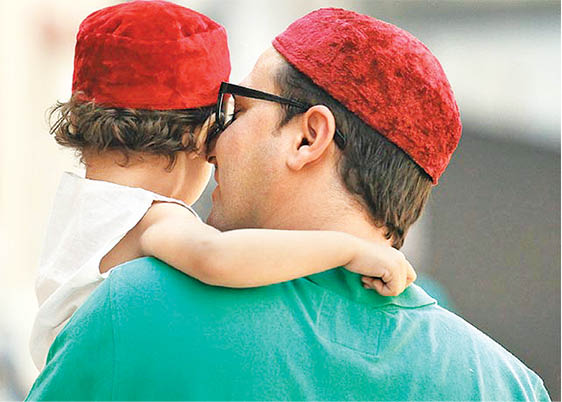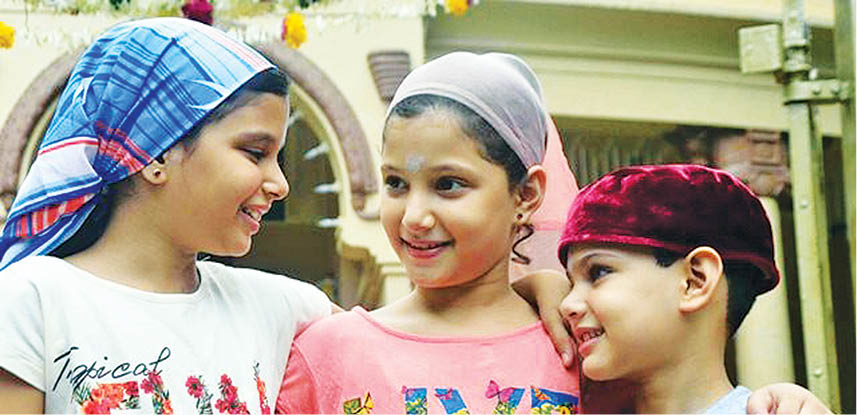In the last sixty years, the Parsi population in India reduced from 1,14,000 (1941) to 57,264 (2011), according to the Census Reports. This means our population has nearly halved! Until mid of the last century, most families had four to ten children! They stayed together, ate together, prayed together and supported each other in times of happiness and sorrow. Advanced education and better job opportunities and business ventures improved the standard of life of Parsis. We started getting used to a luxurious lifestyle and this changed their attitude towards our Parsi traditions and customs. Family sizes shrunk to having 2-3 children by 1960’s and to 1-2 children by the turn of the century – the argument being the high cost of living. Today the Parsi population is at its lowest ever!
 This demographic change is affecting the very fabric of our Parsi community, which was once admired for its charity, but today prefers to be looked after from ‘womb to tomb’. This sad state of affairs has been playing havoc with our customs and traditions. The practice of wearing the ‘armour of our religion’ – the Sudreh and Kusti after Navjote for the rest of our lives, is still followed by many but the shape of the Sudreh has undergone changes according to the need of the hour and the place the person visits! Singing of Monajats was a prevalent practice in the last century but has almost disappeared in modern times. Dressing traditionally for special occasions – men in Duglis and pagdis/phetas, and women in ‘chatta cherani’ saris have been replaced by shirts and pants and backless blouses and the shortest of short dresses! Many other customs observed during pregnancy, marriages and death have been given up, and today’s Parsis live disconnected from our culturally rich past.
This demographic change is affecting the very fabric of our Parsi community, which was once admired for its charity, but today prefers to be looked after from ‘womb to tomb’. This sad state of affairs has been playing havoc with our customs and traditions. The practice of wearing the ‘armour of our religion’ – the Sudreh and Kusti after Navjote for the rest of our lives, is still followed by many but the shape of the Sudreh has undergone changes according to the need of the hour and the place the person visits! Singing of Monajats was a prevalent practice in the last century but has almost disappeared in modern times. Dressing traditionally for special occasions – men in Duglis and pagdis/phetas, and women in ‘chatta cherani’ saris have been replaced by shirts and pants and backless blouses and the shortest of short dresses! Many other customs observed during pregnancy, marriages and death have been given up, and today’s Parsis live disconnected from our culturally rich past.
In our religion, all are encouraged to lead a good and prosperous life – celibacy, fasting and mortification of the body are anathema to the faith, which weakens man’s spirit to fight evil. Living in moderation is another teaching of our highly evolved religion, but as things stand today, people seem to live to eat, as opposed to eat to live! Many health problems stem from an excess consumption of high (animal) protein and excess of calories. High blood pressure, diabetes, obesity, depression and cancer have become commonplace.
The Jiyo Parsi Programme, in its next phase – strives to help Parsis bring back the joy and happiness in their lives, by learning to balance work and family life.
- મા તે મા બીજા વગડાના વા - 11 May2024
- સુધારેલ એસ ડી મોદી પારસી ગર્લ્સ હોસ્ટેલ ફરી ખુલ્યું - 11 May2024
- શ્રીજી પાક ઈરાનશાહ આતશબેહરામની 1304મી સાલગ્રેહની ઉજવણી કરવામાં આવી - 11 May2024
